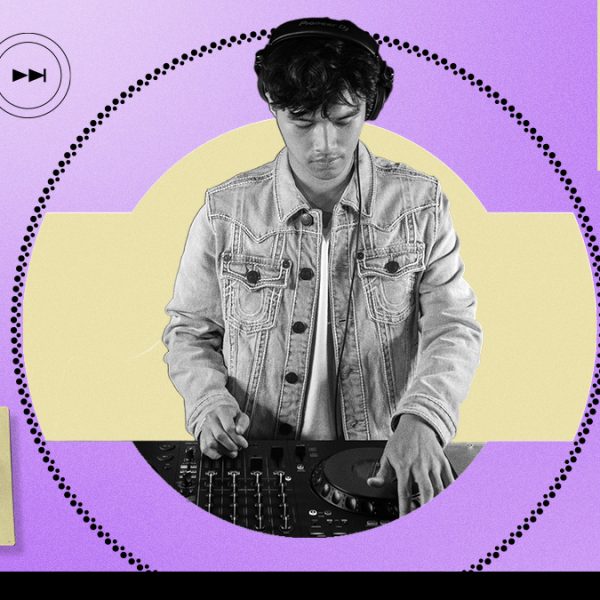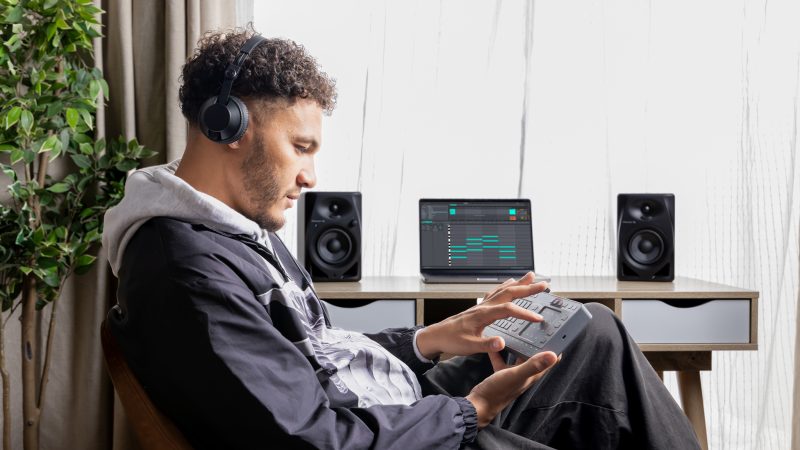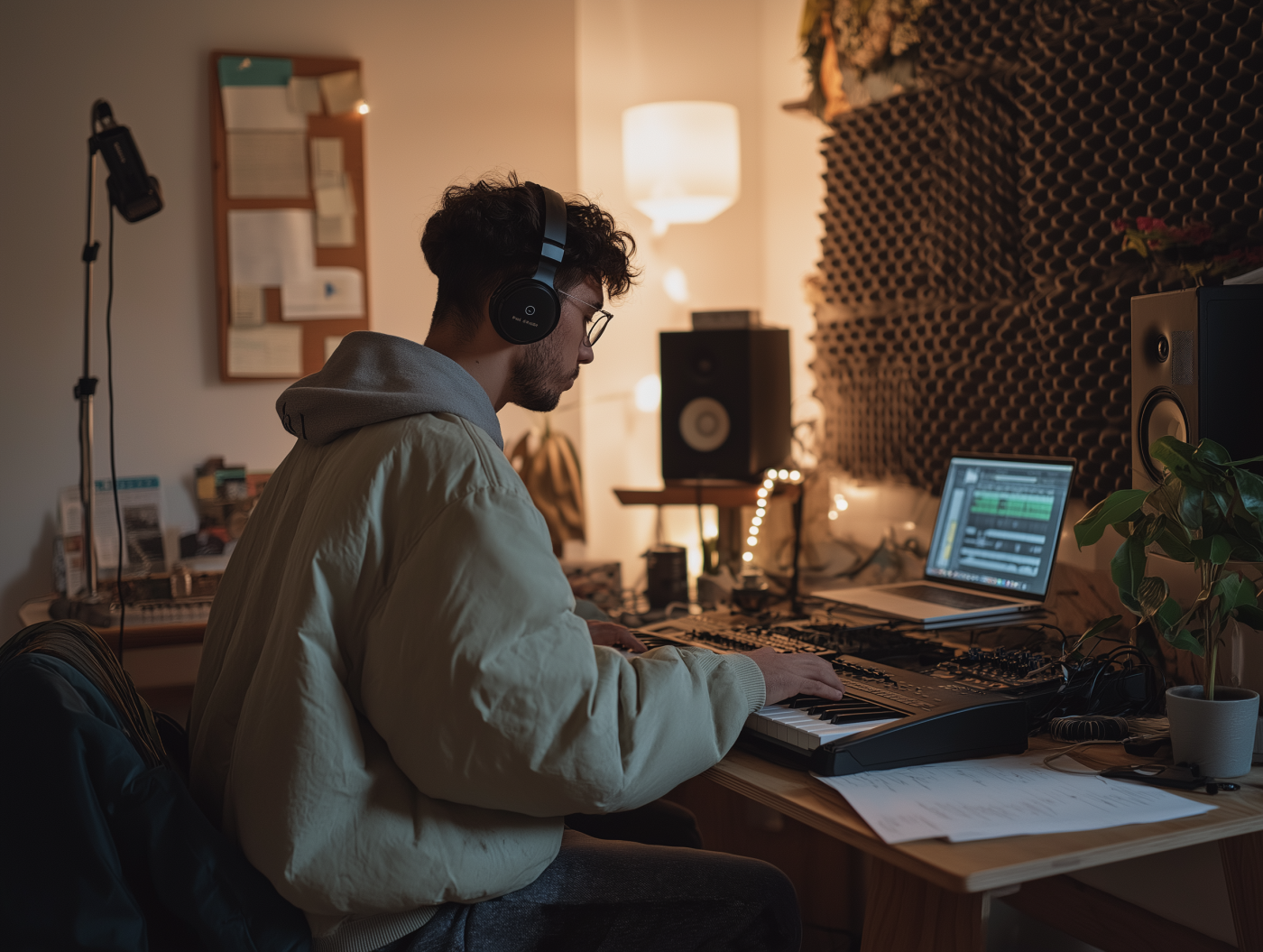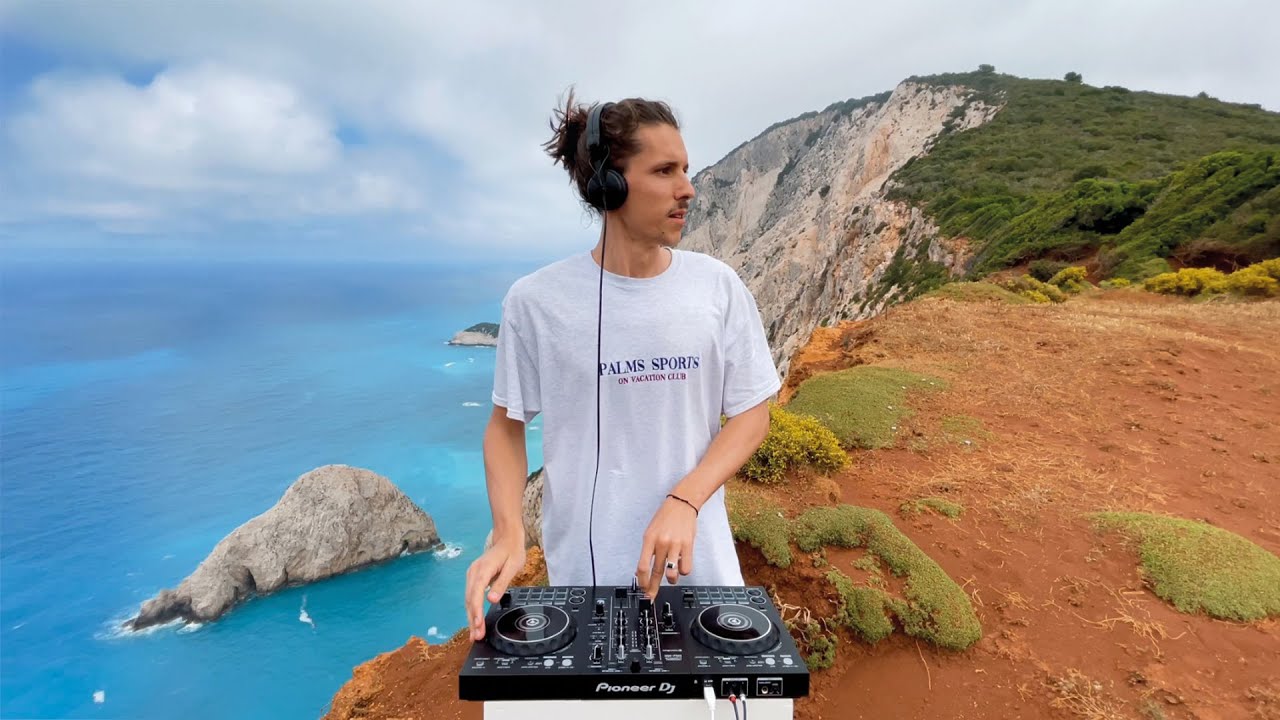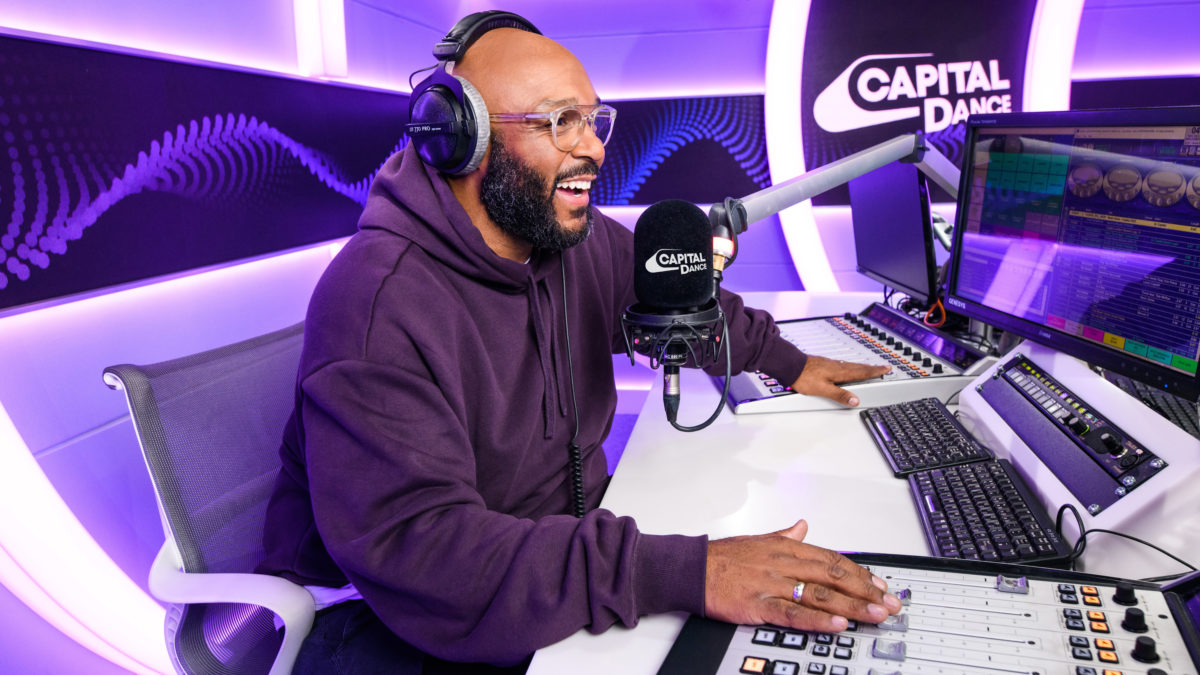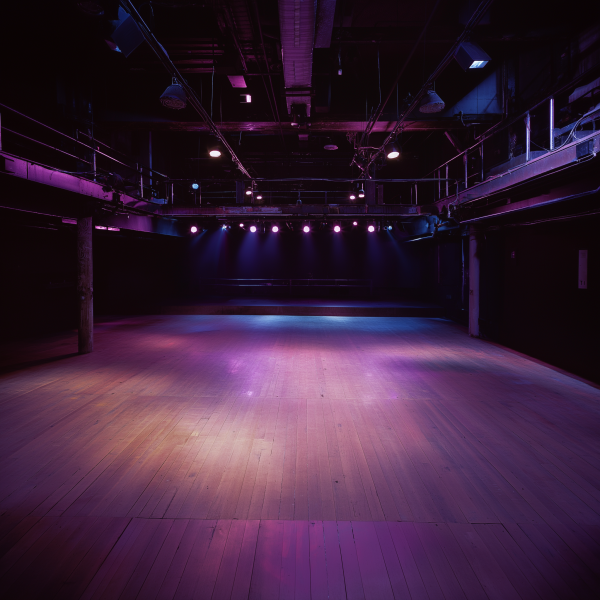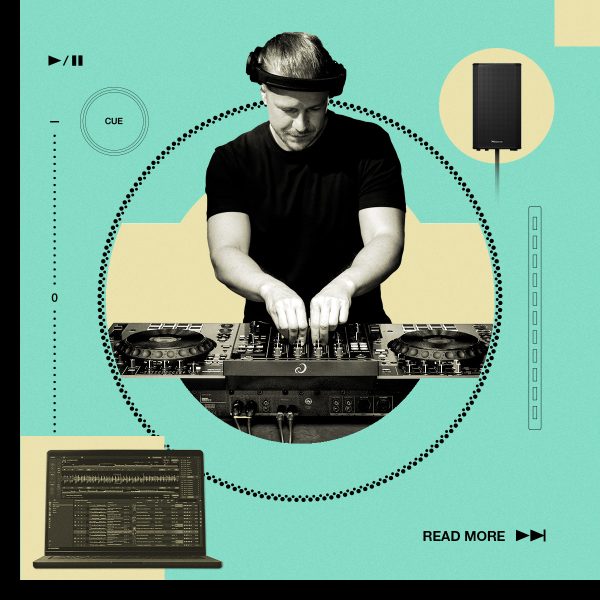Let’s start with a quick mental exercise. Bring to mind three of your current favorite DJs. Now try to remember how you discovered them. Next, think about all of the ways that you currently engage with them.
We’d guess that in most cases, the answer will be more than just “listening to their mixes” or “hearing them at a club.” You might have fallen for one of their tracks. Liked their social media posts. Or wound up loving a party that they run.
It probably isn’t news to you that most DJs these days do more than just DJing.
There are many possible explanations for this, but the simplest might be natural selection. An excellent DJ and producer is better adapted to the crowded modern environment than someone who is just an excellent DJ. The DJ-producer simply has more ways of reaching people across the vast digital network we all inhabit. In a way it’s sad that success doesn’t solely stem from a DJ’s ability to move a dance floor. But given the sheer level of competition for bookings and attention, it’s also not surprising.
“It’s important to diversify what DJs do,” said Chris Graham from Listen-Up, one of the leading music publicity agencies. “Especially nowadays, with digital platforms being vital for promotion, many fans and listeners want to identify with artists not just for the music, but to resonate with their image and brand. It’s definitely useful for growing your audience, to look into the important areas of their music projects… such as if they own a record label, their production skills (how a track was made) and their own interests that tie back into their ethos and identity.
“As a publicist, I think if an artist has various strands of projects to their overall brand, it’s super beneficial to work with, as there are different narratives I can work with and create honest and engaging stories with. Identity is especially important these days, no matter the size of the artist.”
Just how much you need to diversify your craft will depend on your personal goals. Sure, there are some music scenes where it’s all but required that DJs make music. But if your ultimate ambition is to play at local clubs, or secure regular work on the corporate circuit, that won’t necessarily be true. If you’re unsure, take a close look at the career paths of DJs you admire and get a sense of what they’ve done to get where they are.
No matter what you’re aiming for, diversification is useful sensible for sustaining a career. As we’ve discussed so far in this series, the DJing world is tough, rocky terrain. Attack Magazine recently analyzed the 137,000 artist profiles on Resident Advisor and found that only 16% had at least one upcoming booking; that figure dropped to 1.6% for five or more upcoming bookings. Gigs can dry up for reasons beyond your control—a scary prospect if you need those earnings to pay bills.
Income from other sources can be what makes DJing viable. Most would prefer to supplement their work with music-adjacent activities that support their brand. The reality is that most have part-time or full-time jobs that have nothing to do with music (we explore this in more detail below). In a 2023 report, Toolroom found that of the 273 electronic music artists they surveyed (“representing a broad and diverse group of individuals at various stages of their careers”), 82% had a full-time or part-time job unrelated to electronic music.
In this article we’re going to examine the most recognised ways of expanding your DJing and establish why they work. Rather than explaining how to do these things, we’re going to help you decide if they’d be interesting and useful to you. (We’ll be linking to some of our favorite resources if you want to dive deeper on anything.)
Before we get started, let’s say outright that the struggle is real. It’s a huge commitment to build a DJ craft and learn how to make music and figure out how to promote yourself—while in many cases maintaining a full-time day job. There are unfortunately no magic solutions here. Our overall advice would be to simply get started with a manageable commitment and let the months and years of experience build over time.
Production
Let’s start with the most obvious one: making music. The relationship between popular tracks and DJ bookings has been established for at least 20 years now. Thanks to the advent of social media and methods of self-releasing music, this relationship has been turbocharged.
It’s easier said than done, but putting out a single hit track or scoring a viral TikTok moment could set in motion a long DJ career. Even outside of that unlikely scenario, the truth is that if you want to play internationally, in many scenes making music is close to essential. Just don’t expect it to bring in much cash. The upside-down reality is that although production takes more time and effort than DJing, it usually doesn’t pay nearly as well.
But there are many other benefits to learning production. For one, getting to intimately know how music works will make you a better DJ, while opening up the possibility of becoming a live act. If you’re drawn to the more technical and engineering side of the studio, you might eventually consider offering mixing or mastering services, or hop into the world of live sound engineering.
You could write music for other people, and you’ll have audio editing and recording skills that could be handy for podcasting or video production. Once you properly know what you’re doing, there’s also education, either in a classroom setting or via mentoring and coaching.
Finally, making music has the twin benefit of expanding your artistry and increasing your marketing clout. DJing is an exercise in self-expression that reaches another level when you create tracks in keeping with your musical vision. It tends to take years rather than months to realise this vision, which shows the world that you’re serious about what you do. The marketing benefit is that your tracks can offer a compressed idea of what you do as a DJ. In today’s attention economy, asking someone to engage with a track feels more realistic than asking them to check out a full DJ set.
Go deeper: We won’t attempt to tell you the best resource for making music out of the many thousands available. Generally speaking, though, there are many excellent certified courses you can do online, and they will likely serve you better than a hodgepodge of YouTube videos.
